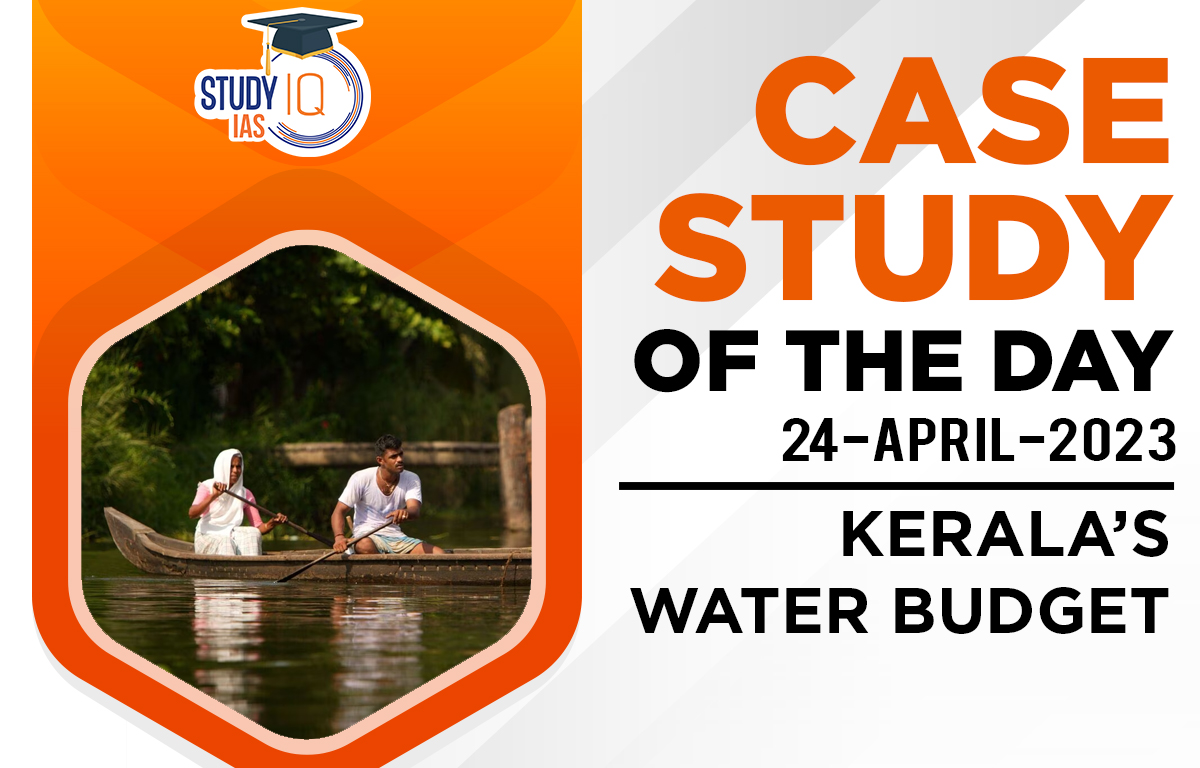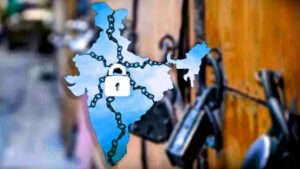Table of Contents
Kerala’s Water Budget Background
- Kerala is a state with abundant water resources, but the increasing population and climate change have put a strain on these resources.
- The state government has recognized the need for better water management and has implemented a water budgeting system.
- The water budgeting system aims to assess the availability of water resources and the demand for water in different sectors, such as agriculture, domestic, and industrial, and allocate water accordingly.
Implementation of water budget in Kerala
- The Kerala Water Authority (KWA) is responsible for implementing the water budgeting system. The system uses a combination of data collection and modelling to assess the availability of water resources and the demand for water.
- The KWA collects data on rainfall, river flows, groundwater levels, and water use in different sectors. The data is then used to develop a water balance model that assesses the availability of water resources and the demand for water in different sectors.
- Based on the water balance model, the KWA allocates water resources to different sectors. The allocation is done on a priority basis, with domestic and agricultural sectors given higher priority than industrial sectors.
Impact of the Programme
- The water budgeting system has had a significant impact on water management in Kerala. The system has helped to identify areas of water scarcity and allocate water resources accordingly.
- This has helped to reduce water stress in areas that were previously facing water shortages.
- The water budgeting system has also helped to promote water conservation. The KWA has set targets for water conservation and monitors water use in different sectors.
- This has helped to raise awareness about the importance of water conservation and encourage people to use water more efficiently.
Conclusion
- The Kerala Water Budget is an innovative system that has helped to address the water management challenges in the state and has helped to allocate water resources more efficiently and promote water conservation.
- The success of the system has been recognized at the national level, and other states in India, facing water management challenges, are now considering implementing similar systems.


 Bharat Bandh 9 July 2025: Over 25 Crore ...
Bharat Bandh 9 July 2025: Over 25 Crore ...
 Mukhyamantri Majhi Ladki Bahin Yojana, O...
Mukhyamantri Majhi Ladki Bahin Yojana, O...
 Nipah Virus (NiV): Structure, Testing Me...
Nipah Virus (NiV): Structure, Testing Me...





















